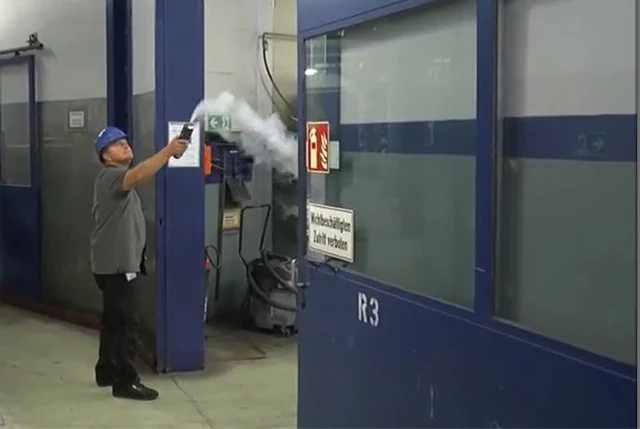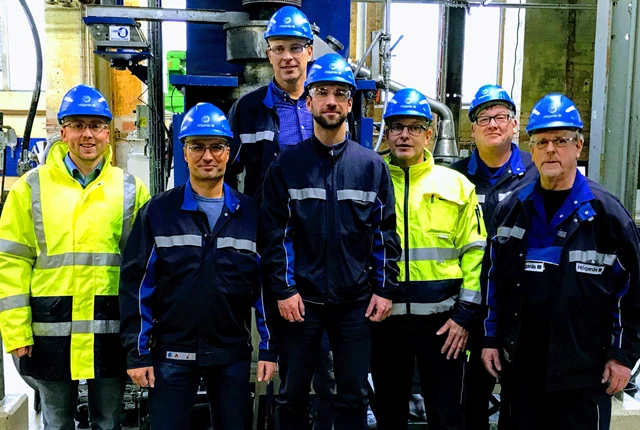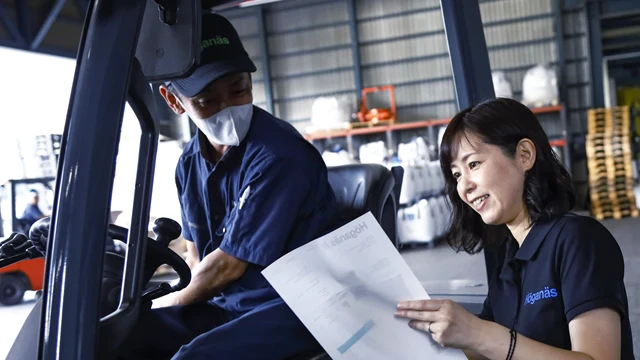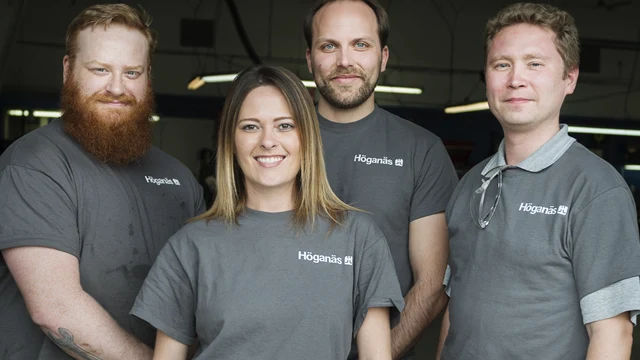
Workplace
Healthy workplaces
During 2019 the sick leave rate for all employees was 3.7 (3.8) per cent.
Occupational health services are provided locally and according to national legislation. Medical health checks are carried out as part of our induction programmes and then on a regular basis based on the type of work and its potential exposure to risk. Occupational health services can also include vaccinations, as well as on-site access to a physician, psychologist or a nutritionist. In some cases, health examinations such as CT scans or other advanced examinations are provided as part of ill-health prevention.
We work continuously to minimize exposure to hazardous substances at work, where nickel and cobalt serve as targeted indicators.
A limited number of co-workers are exposed to thermosetting resins, which pose a risk of allergy and asthma. To prevent incidents, co-workers undergo special training and their exposure is monitored.
Many technical improvements have been made, such as new dust filters and vacuum cleaners, and more enclosed and automated operations to successfully mitigate exposure. However, securing clean factories also includes raising risk awareness, improved ways of working and training. LEAN and 5S (Sort, Set in order, Shine, Standardize and Sustain – and an extra S for Safety) are important tools to achieve and maintain clean and safe ways of working.
Prevention is most important for rooting out the causes of ill-health. Once an illness has occurred it is much more complicated to remedy. But our health is not only affected by what happens at work. Today life-style factors, such as being overweight, smoking and lack of physical activity, are more common reasons for ill-health. Therefore, we engage in health promotion activities based on local needs ranging from rewards for taking the bike to work, step counting competitions, weight-loss and stop smoking groups, contributions to wellness programmes and gym cards, healthier lunch alternatives, to name a few.
We encourage the reporting of any suspected ill-health case into our health and safety reporting system, but at present the cases we receive might not give the full picture as some co-workers may choose to report their cases only to external health care providers. However, in 2019 there were five cases (of which three cases lead to sick leave) reported to the company from our Swedish sites. These cases were mainly repetitive strain injuries and are handled according to established procedures.
We will continue to improve the working processes to identify root causes and to prevent ill-health, as well as to promote and encourage individual responsibility for adapting to a healthier way of living, both at work and outside to improve quality of life and well-being.




